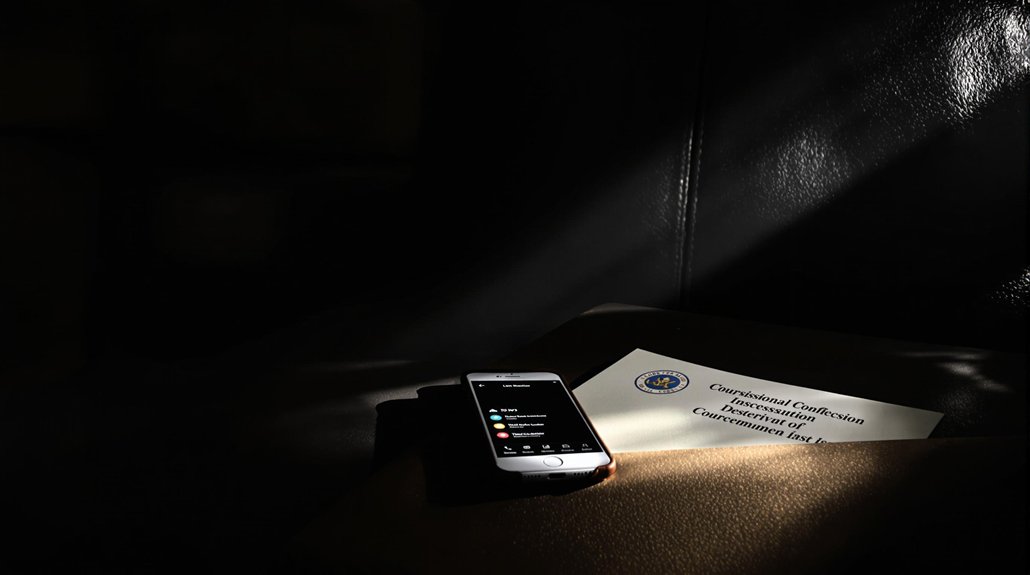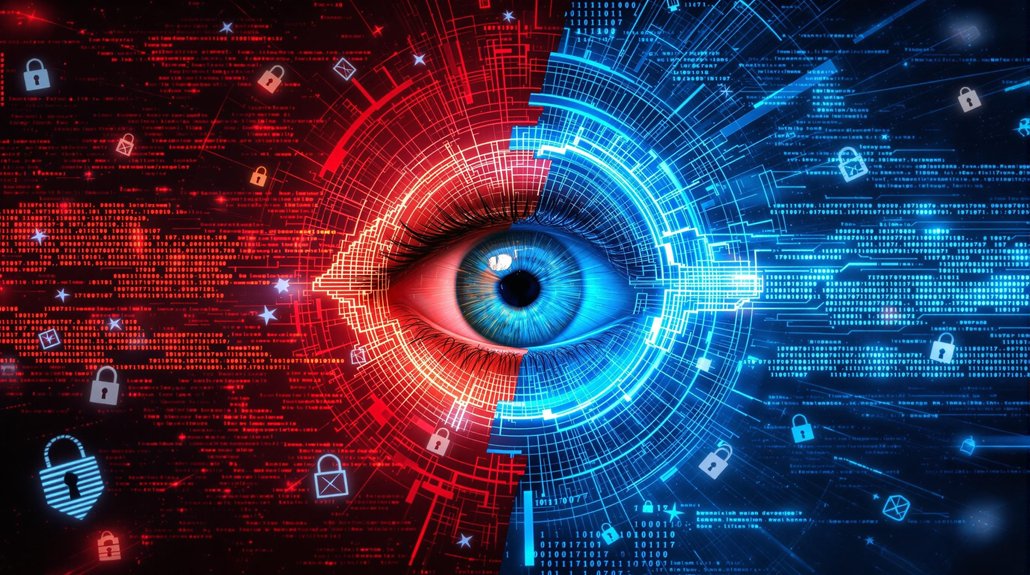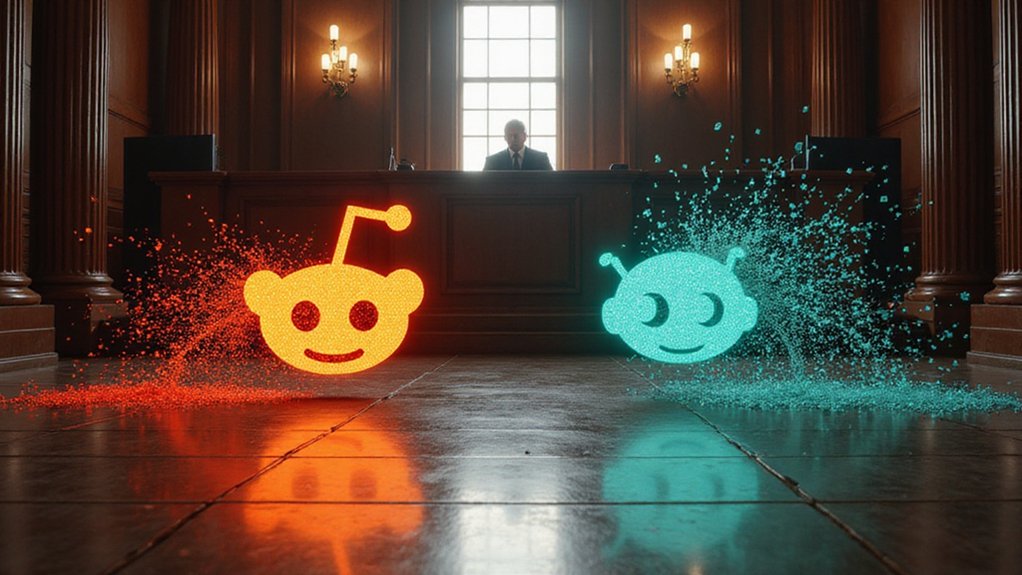Most people spilling their guts to AI therapy bots have no idea their deepest secrets aren’t protected by law. That awkward confession about your mother? The thing you did in college? Yeah, that could end up in court documents someday.
Your AI therapy confessions have zero legal protection and could become public court records.
Sam Altman, OpenAI’s CEO, dropped this truth bomb recently: AI therapy sessions have zero legal privilege. None. While your actual therapist can’t be forced to spill your secrets in court, ChatGPT sure can. The platform could be legally compelled to hand over every embarrassing detail you’ve ever typed.
Here’s the twist – HIPAA doesn’t cover these apps. Those privacy laws everyone assumes protect their medical info? They apply to real doctors and therapists, not Silicon Valley’s latest mental health solution. Your data sits there, naked and exposed, ready to be analyzed, stored, or shipped off to whoever has a subpoena.
These companies are using your breakdowns to train their algorithms. Every sob story, every anxiety spiral, every dark thought – it’s all fair game for “improving the product.” Some platforms claim they de-identify data, but researchers have shown that’s about as reliable as a chocolate teapot. Re-identification happens all the time.
The Wild West of AI therapy means no consistent rules about deleting your data either. Some companies keep it forever. Others have vague policies that change whenever the lawyers get nervous. Meanwhile, traditional therapists follow strict ethical guidelines enforced by professional boards. AI platforms? They police themselves, which works about as well as you’d expect.
Most users assume their conversations are confidential because, well, it feels like therapy. The interface looks comforting. The bot uses therapeutic language. But legally speaking, you might as well be posting your therapy notes on Twitter. These AI systems may even be classified as medical devices requiring FDA approval, yet most operate in a regulatory gray zone.
Data breaches make this even scarier. Imagine your deepest secrets splashed across the dark web because some company cheaped out on cybersecurity. Your career, relationships, reputation – all hanging by a digital thread. Without proper HIPAA compliance, your most vulnerable moments become commodities in the data economy.
Until laws catch up with technology, anyone using AI therapy is basically operating without a safety net. Consider yourself warned.
References
- https://www.scoredetect.com/blog/posts/the-legality-of-ai-generated-therapeutic-interventions
- https://www.clinicalnotes.ai/navigating-ethical-compliance-challenges/
- https://techcrunch.com/2025/07/25/sam-altman-warns-theres-no-legal-confidentiality-when-using-chatgpt-as-a-therapist/
- https://clinictracker.com/blog/data-privacy-and-security-in-ai-therapy
- https://www.counseling.org/resources/research-reports/artificial-intelligence-counseling/recommendations-for-client-use-and-caution-of-artificial-intelligence









